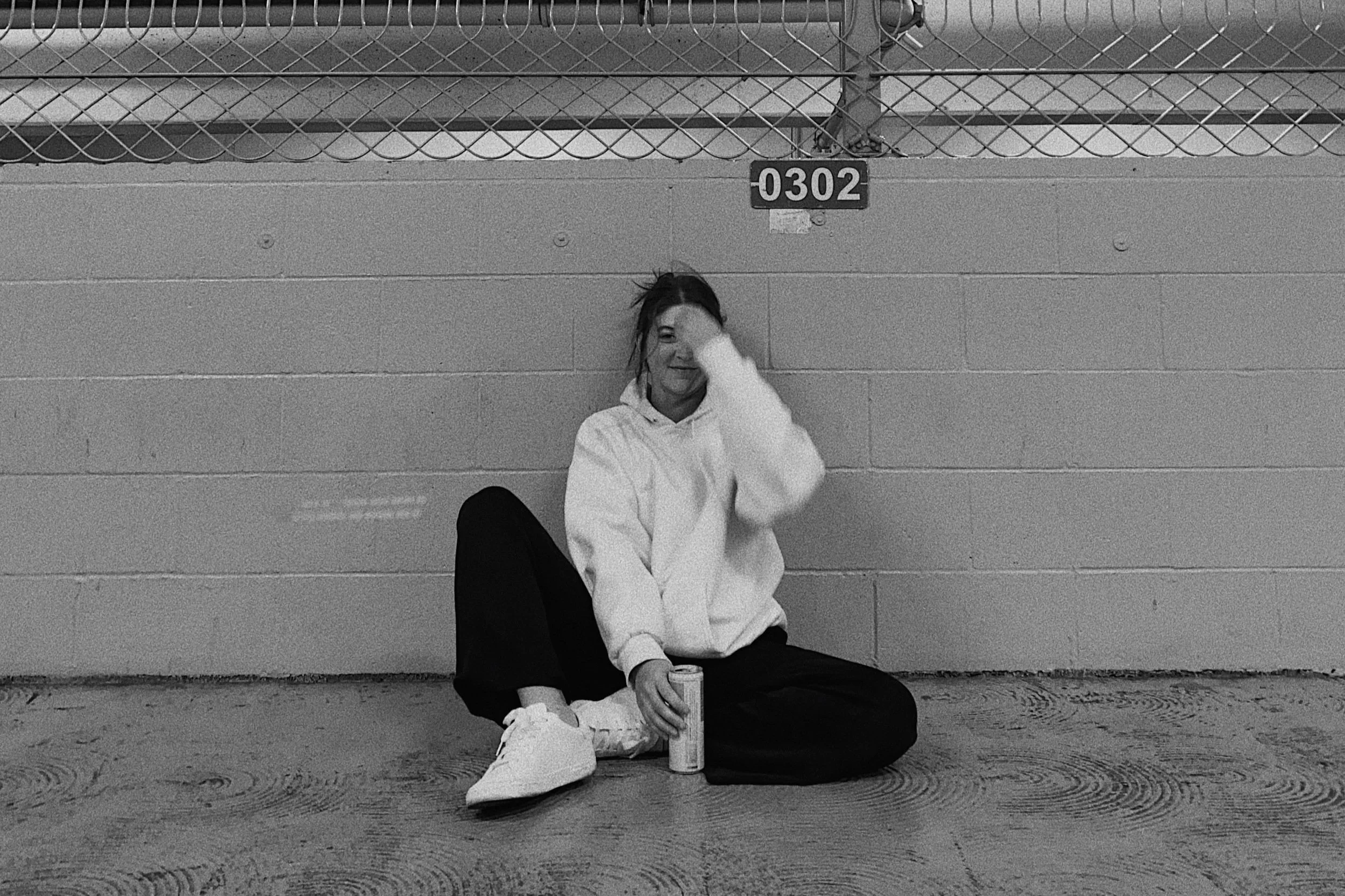What is CPTSD?
Do you have an inner critic that never seems to quiet down? The kind that tells you you’re not good enough, smart enough, or deserving enough of good things? Maybe you’ve always assumed everyone talks to themselves this way—but lately, you’re wondering if your inner voice is a little harsher than most.
Or maybe you feel fundamentally different from other people—like you’re missing some manual for how to do life that everyone else seems to have. You might struggle to trust your own perceptions, feel overwhelmed by things others handle easily, or find yourself constantly waiting for the other shoe to drop.
If any of this sounds familiar, you might be dealing with Complex PTSD, or C-PTSD. It’s different from the PTSD most people know about, which is exactly why we’re sharing all the things today:
What is CPTSD (Complex PTSD)?
Complex Post-Traumatic Stress Disorder isn’t about one terrible thing that happened to you—it’s about many smaller traumas that built up over time, usually during childhood.
While transitional PTSD typically stems from a specific traumatic event, C-PTSD develops from repeated, ongoing trauma that happened during crucial developmental years.
What makes it “complex” is that it’s related to what didn’t happen just as much as it’s related to what did happen. For example, the emotional neglect—not just receiving the emotional attunement, validation, and safety every child needs—can be just as damaging as active abuse, sometimes more so.
C-PTSD doesn’t only affect how you remember events, but it can also fundamentally change how you see yourself, other people, and the world around you. It colors your entire worldview, often through a more negative lens, and makes it harder to feel optimistic about the future or believe you can handle what life throws at you.
How C-PTSD is Different From PTSD
We touched on it a little above, but traditional PTSD usually involves a specific traumatic incident. The person typically had a sense of safety before the trauma occurred, and treatment often focuses on processing that particular event.
Complex PTSD affects your core sense of self and creates symptoms that are more pervasive, touching multiple areas of your life. With C-PTSD, there often isn’t a clear “before” to return to because of the traumatic event.
The Hidden Impact of Childhood Experiences on Your Mental Health
Many people with C-PTSD don’t initially recognize their childhood experiences as traumatic. When you grow up in chaos, dysfunction, or emotional neglect, it becomes your norm. You might think, “Well, I wasn’t beaten” or “Other people had it worse.”
But children need more than just physical safety. They need emotional attuement, consistent care, validation of their feelings, and predictable love. When these needs aren’t met—whether through active harm or benign neglect—it creates lasting impacts (like CPTSD).
The tricky thing about emotional neglect is that it’s defined by absence rather than presence. It’s not dramatic or obvious, which makes it harder to identify and easier to dismiss. But your nervous system doesn’t distinguish between trauma and quiet neglect—it just knows that safety wasn’t always available.
Your nervous system adapts to an environment where threat feels constant. And it’s not weakness–it’s a brilliant survival strategy that worked when you needed it. The problem is that these adaptations tend to outlive their usefulness.
Your brain might still scan for danger even when you’re safe. Your body might remain in a state of hypervigilance, leading to chronic stress that affects everything from your immune system to your heart health.
7 Signs You Might Be Living with C-PTSD
C-PTSD can show up in ways that might surprise you. Many people don’t realize these experiences aren’t “normal” until they learn about complex trauma.
Here are some of the most common signs you might be living with C-PTSD:
That relentless inner critic that feels completely normal to you but is actually unusually harsh.
Feeling fundamentally different from other people, like you’re missing some basic life manual that everyone else received.
Difficulty with emotional regulation that goes beyond normal stress.
Confusing relationship patterns that repeat despite your best efforts.
Physical symptoms that don’t have medical explanations—chronic pain, digestive issues, frequent illness, or feeling “wired but tired.”
A persistent sense that something bad is always about to happen, even when life is going well.
People-pleasing or fawning responses that feel automatic.
Healing From C-PTSD is Absolutely Possible
The symptoms that feel “wrong” with you were the protective mechanisms that served a purpose. Healing from C-PTSD isn’t about “getting over it”–it’s about integration and growth.
It’s about building new neural pathways, learning to recognize and challenge that inner critic, developing self-compassion, and creating corrective experiences in safe relationships.
At Ditch The Couch, our entire team practices trauma-informed therapy. We use approaches like Internal Family Systems, EMDR, and attachment-focused therapy to help you rebuild your relationship with yourself and the world.
If you’re reading this and thinking “this sounds like me,” please know that recognition is the first step toward healing. Your struggles are real and valid, and most importantly, they’re treatable. You’ve already survived so much. Now it’s time to move beyond just surviving.
Learn how we can support you here at Ditch the Couch—book your free 15-minute get to know us call and see if we’re the right fit for you.
